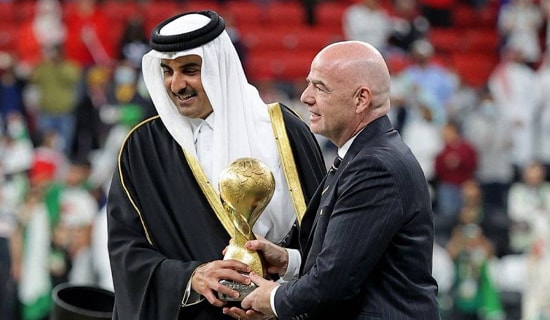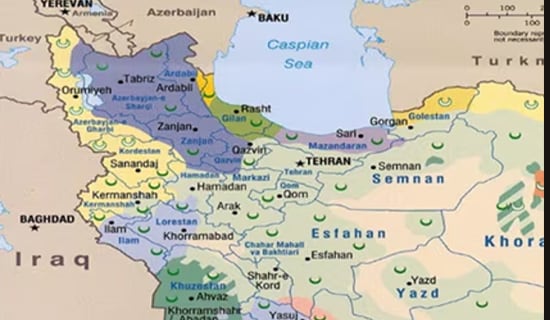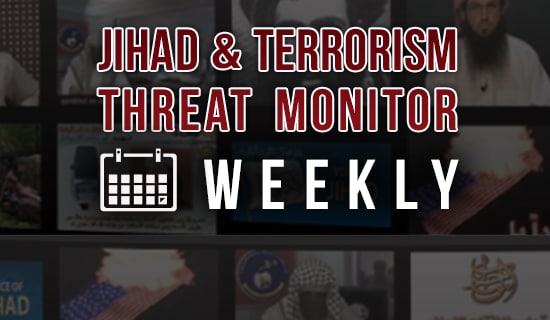The guessing game appears to be over. Vladimir Putin will be delivering his address to the Federal Assembly (a joint session of the Duma and the Federation Council) between February 20-22. The news regarding the timing of Putin's address is based on the information divulged by high-ranking Russian parliamentarians. This timeframe appears logical, as it is sandwiched between Putin's meeting with the parliamentary factions and the Defenders of the Fatherland Day, a public holiday.[1] The media buildup to this address will now commence, including attempts by experts to predict its contents.
The last time Putin delivered a message to the Federal Assembly was on April 21, 2021, with the speech that lasted 1 hour and 18 minutes. Then, in prewar days, Putin spoke about the fight against the coronavirus pandemic, the socio-economic development of Russia, relations with other countries, and also announced a number of new measures to support the population, including announcing payments to families with children and pregnant women.[2] Nobody expects these issues to be highlighted in the forthcoming address.
According to the Russian Constitution, the president addresses the Federal Assembly with an annual message covering the state of the country and explaining the primary domestic and foreign policy objectives of the Russian state. In 2022, the presidential address did not take place. Putin also canceled his traditional "Direct Line" call-in interview program. This has created a sense of anticipation.
In December 2022, when asked by journalists why he had not addressed the Federal Assembly, Putin replied that "The dynamic of events is very large, the situation is developing very dynamically, so it was difficult to capture the results and specific plans for the near future right at a particular moment in time. We will do this at the beginning of the year, of course." In the meantime, Putin referred the journalists to his speeches.[3]
The well-connected pro-Kremlin political scientist Sergei Markov has already offered a prediction regarding the tenor of Putin's speech. According to Markov, Putin's address will seek to mobilize Russian society in support of the war.
"I believe that he will talk about the course of the special military operation, the mobilization of the entire society for victory, the logic of development – what was successful, what failed, what needs to be done. We need the people to be ready to work for the benefit of victory, the mobilization of each person. It is not necessary to sit in a trench, you can help people, families of military personnel, refugees. Military mobilization of sectors of the economy, social sphere, culture. Those who opposed the special military operation should be excluded from the cultural field."
In the address, Markov expected Putin to deliver a broadside against the "devil's coalition" headed by the United States and praise Russia for standing up to the United States.
"The main thing in the message is the setting of objectives for the authorities. They will be formulated in front of everyone. This speech should also have a high citation rating, so some sensational statements are inserted into it," Markov predicted.[4]

Sergey Markov (Source: Mk.ru)
An editorial published by Nezavisimaya Gazeta on February 1, 2023, explained why the Kremlin had been so coy in terms of setting a specific date. This was not going to be an economic speech laden with the usual boilerplate optimism. It would focus on the special military operation in Ukraine. Given the uncertainty caused by the invasion, Putin was waiting for a moment of greater stability. Likewise, the Kremlin wanted the speech to take place against a favorable background. To follow that logic, the Kremlin expects favorable news background to appear by the end of February.
The editorial, titled "What The Timing Of The Presidential Address Depends On," follows below:[5]
Russian Presidential Press Secretary Dmitriy Peskov stated that work on the address to the Federal Assembly "hasn't ceased" and that everyone will be "promptly informed" regarding the timing of the address. Previously, news agencies (quoting their own sources) claimed that the address would be made sometime after February 20. It was expected (and still is) that the presidential address may be timed so as to coincide with the anniversary of a launch of the special military operation [hereafter – the SVO]. It seems clear that Vladimir Putin's speech will be primarily concerned with the SVO.
The issue are the details. Prior to the New Year, Putin explained why the address was delayed. "The situation is developing quite dynamically," he told reporters, "so it was difficult to capture the results and specific plans for the near future right at a particular moment in time."
The president has already said a lot about "key issues" in a variety of formats, so, according to Putin himself, he and the administration just didn't want to repeat themselves, and "cram everything into a formal address once again." Additional time for further analysis is needed, explained Putin, adding that he has no doubts about a successful realization of future plans.
The postponement of this address is being considered as being similar to the postponement of Putin's traditional big press conference and his "Direct Line." However, performing all of these political rituals, unlike the address to the Federal Assembly, is not prescribed in the Constitution. The address is explicitly mentioned there, even though its annual delivery is more of a presidential mandate rather than his direct duty.
The address is a strategic statement. If it is ready, it means that the authorities have assessed the state of affairs, are able to predict key developments in the foreseeable future, understand how the state and society can influence these developments, and are able to set benchmarks for assessing the work.
It can be easily deduced from the fact that no address has appeared yet (and that it is not known when it will), that all of the aforementioned: analysis, forecast, tactics of actions, and evaluation benchmarks cannot be currently formulated and made public by the authorities. Their high rating and the absence of a demanding political climate allow the authorities to play with the timing.
A major segment of the address is always dedicated to the economy. [In this segment] the authorities, and not only the President, reassure the citizens that the country has managed to get through the 'turbulence,' that plans can be made, and projects can be implemented.
Provided that this is the case, it is not quite clear why a speech dedicated predominantly to the economy (along with the understandable interjections regarding the difficult international situation and 'Russia encircled by enemies') cannot be made public. After all, the lack of a strategic address may worry those who need to implement decisions – local authorities, government ministers, various officials. Or those who actually 'make' this economy, such as businessmen and owners of enterprises.
The excessively 'dynamic development' that Putin spoke of seems to refer to the very same international climate and the SVO. As much as one would like to declare that everything is going according to plan (towards victory, towards reaching the assigned objectives), the path to the goal changes, since it depends on many factors, which are impossible to predict.
It seems obvious that the outlook and the course of the SVO determine the 'horizon of expectations' more than assurances of economic stability. In recent months we have often heard the phrase 'situation on the ground.' It seems that this very situation on the ground is rather difficult to capture and describe, and that is what would be expected from a head of state.
When talking with journalists in December [2022], Putin recalled that there was no address in 2017 either. Back then, the address was moved closer to the [2018] presidential election. Incidentally, it was then that Putin showcased a video glorifying the achievements of the Russian military industry. For him, apparently, such addresses are not some institutional routine, but an act of policy, which requires a favorable informational background. It is very likely that the authorities are simply waiting for this [favorable] background to take shape.

Putin's 2018 Federal Assembly Speech (Source: Kremlin.ru)








